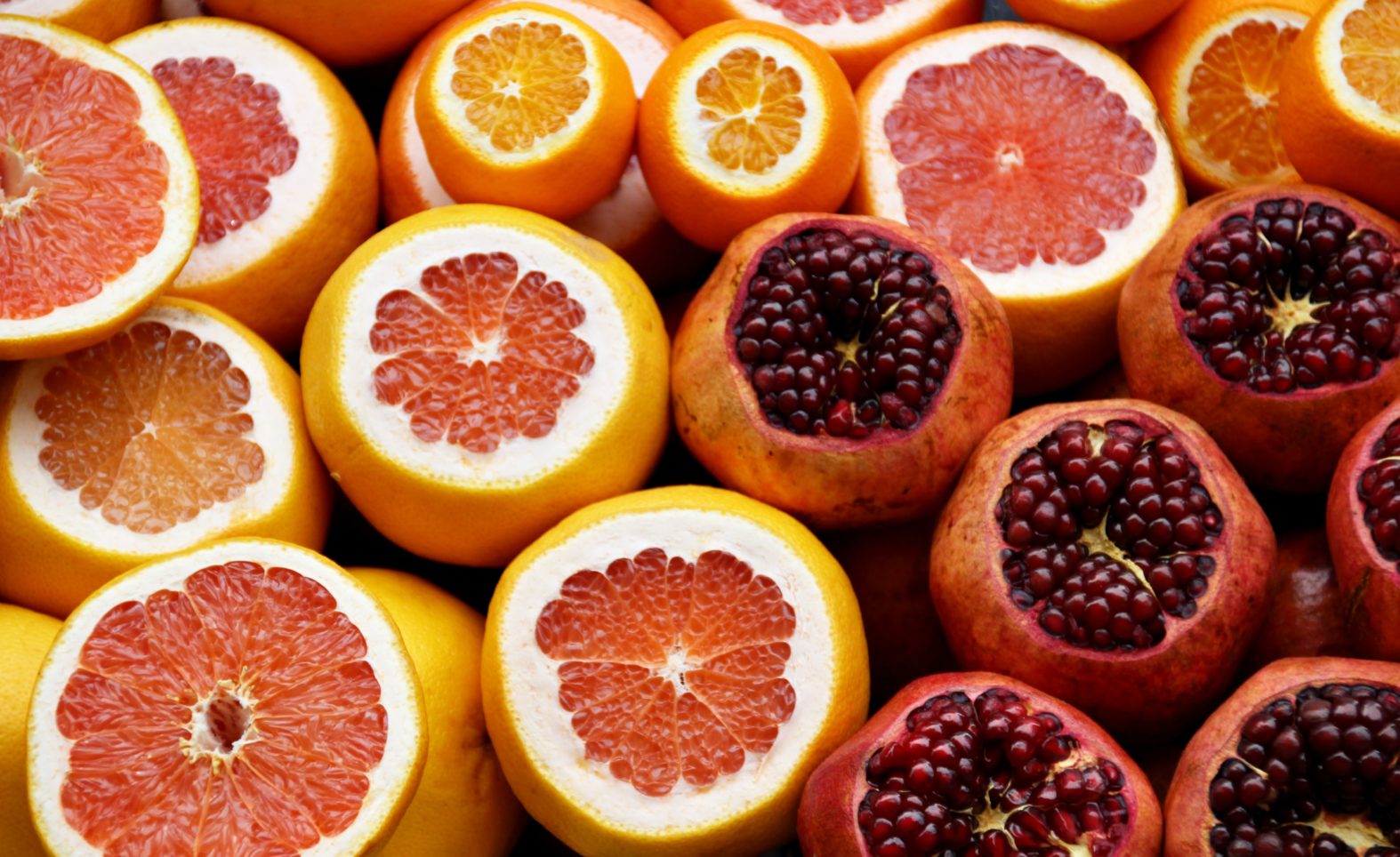Whyalla featured on hit documentary series Australian Story
In September 2018, the ABC’s hit documentary series Australian Story tracked ...

A proactive step we can all take to protect our health at any time – not just during the COVID-19 pandemic – is to include some immunity boosting foods into our diets.
A balanced diet with a variety of different foods rich in vitamins and minerals will help to optimise your immune system and strengthen your body’s ability to fight infection.
Nutritionist and trainer Lindy Cook, who works for Converge International – a global provider of workplace assistance, health and wellbeing programs – has provided some insights on where best to find these important nutrients, along with immunity-boosting snack ideas and advice on what foods to avoid.
Zinc and iron
Zinc and iron are found in lean red meat and seafood, brightly coloured fresh fruit and vegetables,
fortified breakfast cereals, dairy foods and nuts.
Almost your entire daily recommended intake (RDI) is found in a single oyster, while half of your RDI can be found in a palm-sized piece of lean red meat.
Vitamin C and antioxidants
Vitamin C and antioxidants are found in all fruits and vegetables, so enjoy as much variety and
brightly coloured types as you can every day.
“Snack on citrus fruits such as oranges, mandarins, grapefruit, lemons and limes” Lindy Cook says.
“These fruits are an excellent source of vitamin C, which helps maintain the body’s defence against bacterial infections. It is involved in tissue growth and repair, adrenal gland function, immune system support, iron absorption and stomach acid activation. Increased vitamin C requirements are observed in periods of stress for immune system support.”
Try alternative cooking methods like stir-frying, steaming, microwaving, baking, grilling or roasting instead of frying. Boiling or pouching can cause some vitamins to be lost.
B vitamins
Wholegrains will contribute essential fibre and B-group vitamins.
Probiotics and prebiotics
Maintaining the right balance of good and bad gut bacteria is pivotal to optimal immune function and the regular inclusion of probiotics and prebiotics in our diets can improve gut health.
Probiotics that are found in fermented vegetables such as kimchi and sauerkraut, fermented drinks such as Yakult, cultured yoghurts and supplements will reintroduce good bacteria to the gut.
Prebiotics, which feed the good bacteria in the gut by passing through the digestive tract undigested, are found in fibre-rich foods such as legumes, fibre supplements such as psyllium, onion, beans, asparagus and Jerusalem artichokes.
“The majority of your immune system is found in your gut so aim to support it by including fermented foods, rich in good bacteria, regularly in your diet,” Lindy says.
Herbs and spices
Garlic has naturally occurring organosulfides which contains the antioxidant allicin that can boost immunity. Allicin has also been used to treat hypertension in addition to bacterial and viral infections.
“The major active component found in garlic, allicin, is responsible for its antimicrobial and antibacterial properties,” Lindy says.
“Studies have shown that people including garlic supplements experienced fewer and less severe colds compared to those taking a placebo. Think of it as an immune system warrior, protecting the body from infections and illness. Garlic also has the added benefit of helping to lower cholesterol.”
You should also consider spicing up your food with turmeric, which has immune fighting properties from curcumin.
“Turmeric is believed to help fight off a variety of viruses, including herpes and the flu.”
Water and other fluids – don’t forget to hydrate!
Dehydration is not only taxing on your digestion, it can also make cold and flu symptoms worse.
Drink water throughout the day and ensure you stay hydrated.
If you are susceptible to illness and have a weakened or compromised immune system, there are some things you should avoid in your diet.
“Avoid sugar-rich foods,” Lindy says. “Sugar negatively impacts your gut flora, the seat of your immune health. It also directly impacts your immune system by competing with vitamin C – the more sugar in your system, the harder it is for your immune cells to get the vitamin C they need to function.”
Coffee and tea are health-protective, Lindy says, due to their high levels of antioxidants linked to anti-inflammation.
“However too much caffeine can interfere with sleep, increase inflammation and compromise immunity. Aim for no more than two caffeinated drinks per day.”
Excessive alcohol consumption, even short-term, can impact your immune system.
“Research suggests going beyond moderate consumption (more than one drink per day for women; more than two drinks per day for men) significantly impacts the body’s immune response, increasing one’s susceptibility to illness such as pneumonia and other respiratory conditions,” Lindy says.
Sugar laden soft-drinks and diet sodas, which include artificial sweeteners, also affect the immune system.
“Studies have shown that these ingredients can reduce levels of beneficial bacteria in your gut and have an adverse effect on glucose metabolism, which has an extended effect on how well your body is able to respond to potential threats,” says Lindy, adding that energy drinks generally have higher sugar and caffeine content “that can increase inflammation in your body.”
And any final advice for people who may have compromised immune systems?
“Avoid processed foods,” Lindy says. “Eating food cooked in refined oils can put a lot of stress on your system and causing your body to become temporarily inflammed. All of this is bad news for your immune system, reducing its ability to function and leaving you more likely to feel unwell.”
Snacks that aid your immune system should include protein to keep your blood sugar levels balanced (about ½ palm size). Nutritionist and trainer Lindy Cook provides some of her top immunity-boosting snack ideas below:
Leave A Reply